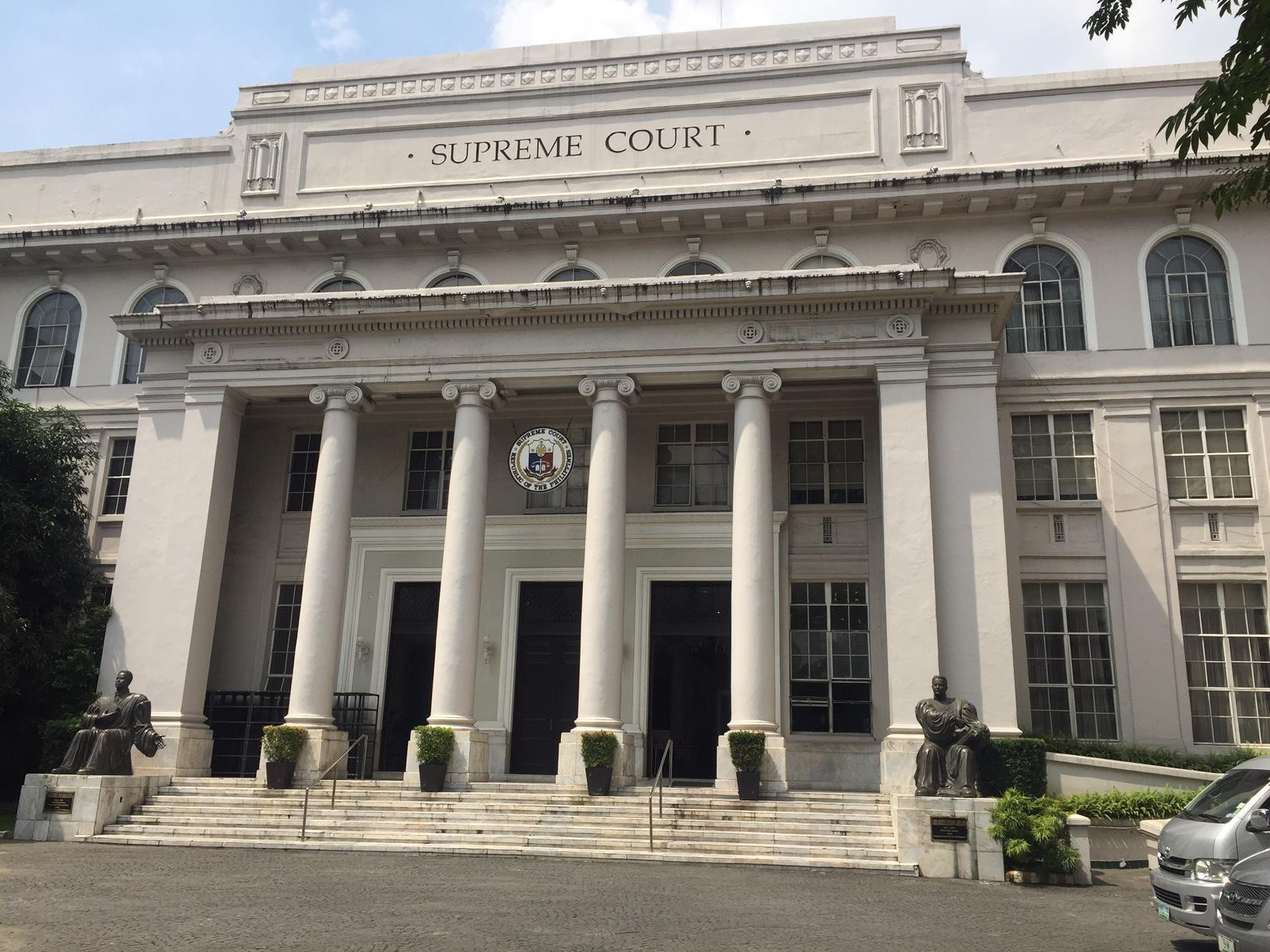SC: Public's access to public officials' SALNs not an absolute right

Access to a public official’s wealth declarations is subject to regulation, the Supreme Court (SC) said as it junked a petition that sought to nullify the Office of the Ombudsman’s restrictions on the release of such documents.
“While the right of access and information to a public official’s SALN (Statement of Assets, Liabilities and Net Worth) is provided under the Constitution and Republic Act 6713, the same is not an absolute vested right,” the SC said in a February 2 resolution but released only on Wednesday.
“The Court has declared in the past that while no prohibition could stand against access to official records such as the SALN, the same is undoubtedly subject to regulation.”
According to the SC, the regulation stems from the power of the custodian to avoid damage to or loss of the records, and prevent undue interference with the duties of the custodian of the books and documents and other employees.
“Thus, a custodian such as the Office of the Ombudsman is not bound under every circumstance to allow or to grant the request of disclosure of a public official's SALN to the public,” it said.
The SC has also laid down some guidelines with regard to requests for access to SALNs of justices and judges. On some occasions, the Court denied requests that “smacked of a fishing expedition.”
The decision stemmed from a petition filed by taxpayer Louis Biraogo last December after the office of Ombudsman Samuel Martires refused to give him a copy of Vice President Leni Robredo’s latest SALN, citing Martires’ order last September that the SALN may not be accessed without the consent of the concerned public official.
The SC said Biraogo made the request “in connection with his own study of the Vice President’s alleged use of a mansion in Quezon City, which was purportedly being paid for with taxpayer's money.”
The Quezon City Reception House currently serves as Robredo’s office.
Biraogo asked the SC to declare Martires’ Memorandum Circular 1 unconstitutional, arguing it violated the people’s right to information.
However, the SC said the petition failed to present an actual case or controversy, which is a necessary requirement in order for the high court to exercise its power of judicial review.
“It bears emphasis that the alleged verbal refusal of respondent (Martires) to accommodate petitioner's request is but a bare, self-serving, and unsubstantiated allegation,” the resolution stated.
Biraogo had also failed to observe the doctrine of hierarchy of courts when he directly sought relief from the top court, the SC said.
“The doctrine of hierarchy of courts, being a constitutional imperative, dictates that direct recourse to this Court is allowed only to resolve questions of law, notwithstanding the invocation of paramount or transcendental importance of the action,” the resolution stated.
“With the status of [the] petitioner’s request before the Office of the Ombudsman being an unsettled and debatable fact, the present petition evidently does not involve pure questions of law.” —NB, GMA News



